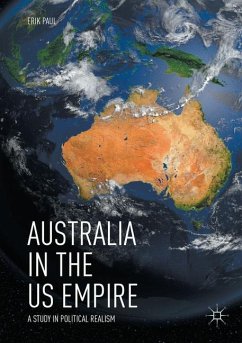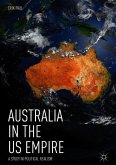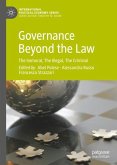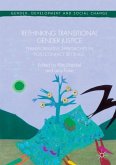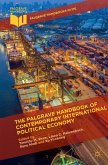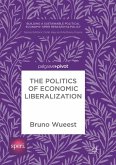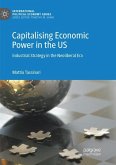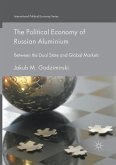This book argues that Australia is vital to the US imperial project for global hegemony in the struggle among great powers, and why Australia's deep dependency on the US is incompatible with democracy and the security of the country. The Australian continent is increasingly a contestable geopolitical asset for the US grand strategy and for China's economic and political expansionism. The election of Donald Trump to the US presidency is symptomatic of the US hegemonic crisis. The US is Australia's dangerous ally and the US crisis is a call for Australia to regain sovereignty and sever its military alliance with the US. Political realism provides a critical paradigm to analyse the interactions between capitalism, imperialism and militarism as they undermine Australian democracy and shift governmentality towards new forms of authoritarianism.
Bitte wählen Sie Ihr Anliegen aus.
Rechnungen
Retourenschein anfordern
Bestellstatus
Storno

